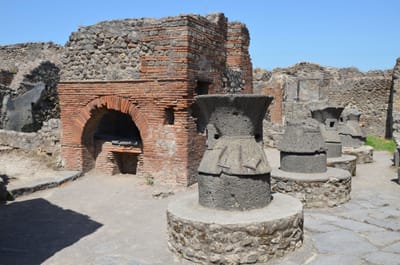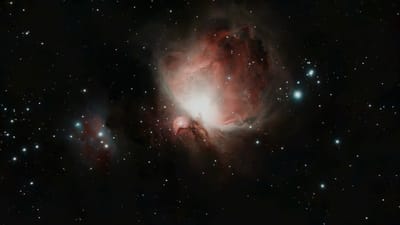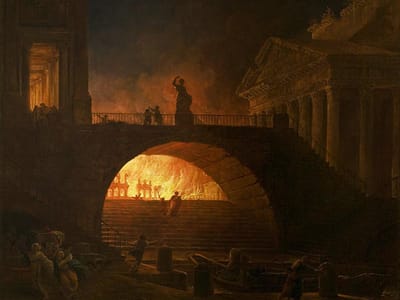TWIL #04: From Imperfection to Procrastination
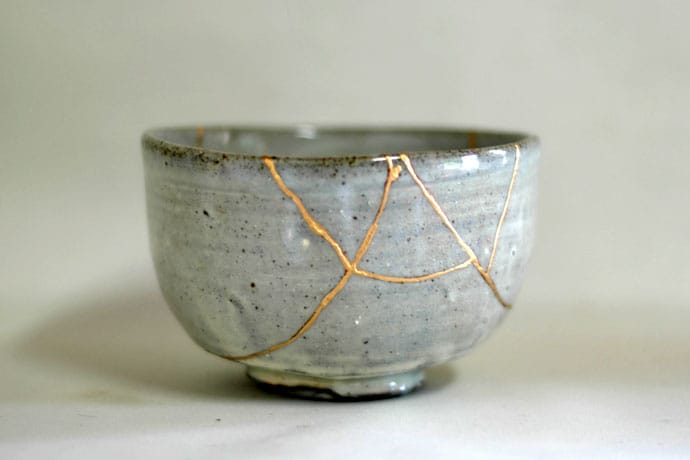
How charts can reset your thinking
I love statistics. There’s something fascinating about how a single graph can completely shift your perspective.
Numbers have a way of cutting through assumptions and revealing unexpected truths. Take energy consumption: a chart comparing nations to corporations shows that some of the biggest companies now use as much power as entire countries.
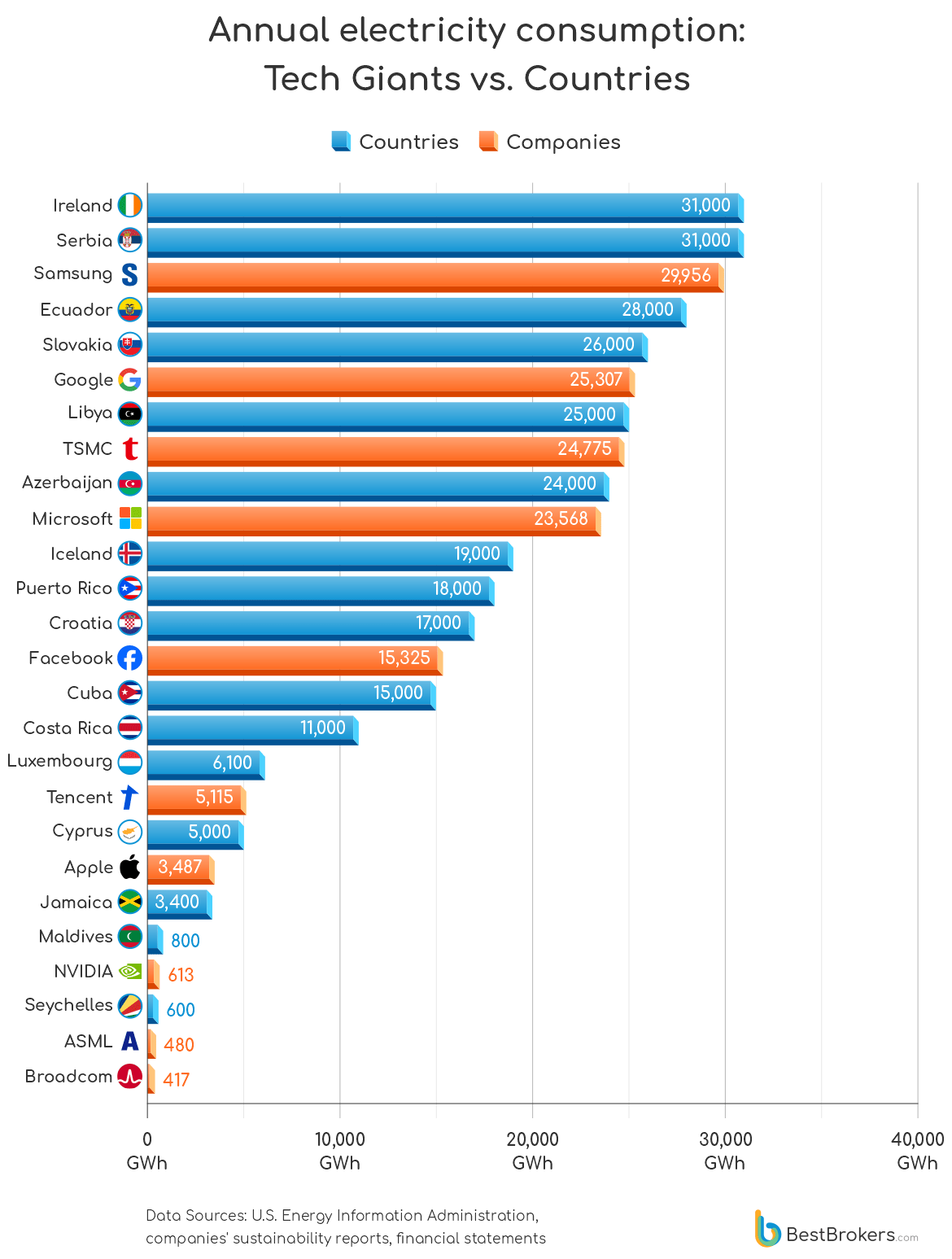
Another reveals the surprising difference in energy drain of conference apps. It reminds us that even a simple choice, like which app to use, can have an impact.
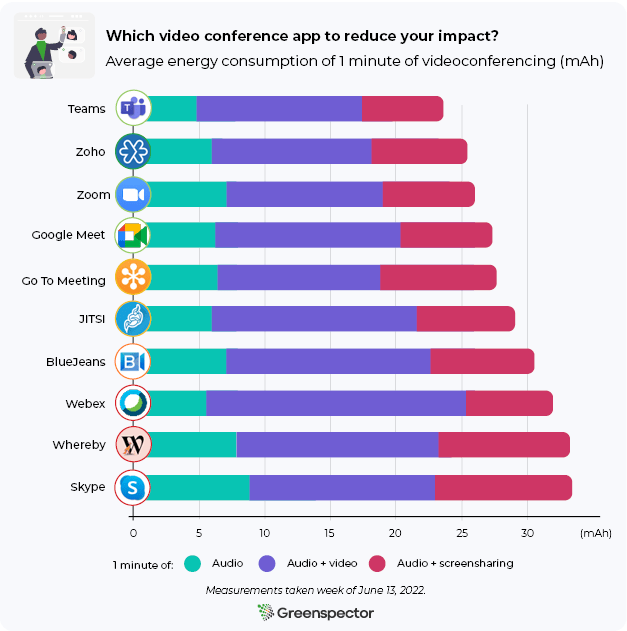
And then there’s the stark reality of CO₂ savings. Recycling, flying less, driving electric… they are all helpful, but paling in comparison to the impact of having one fewer child.
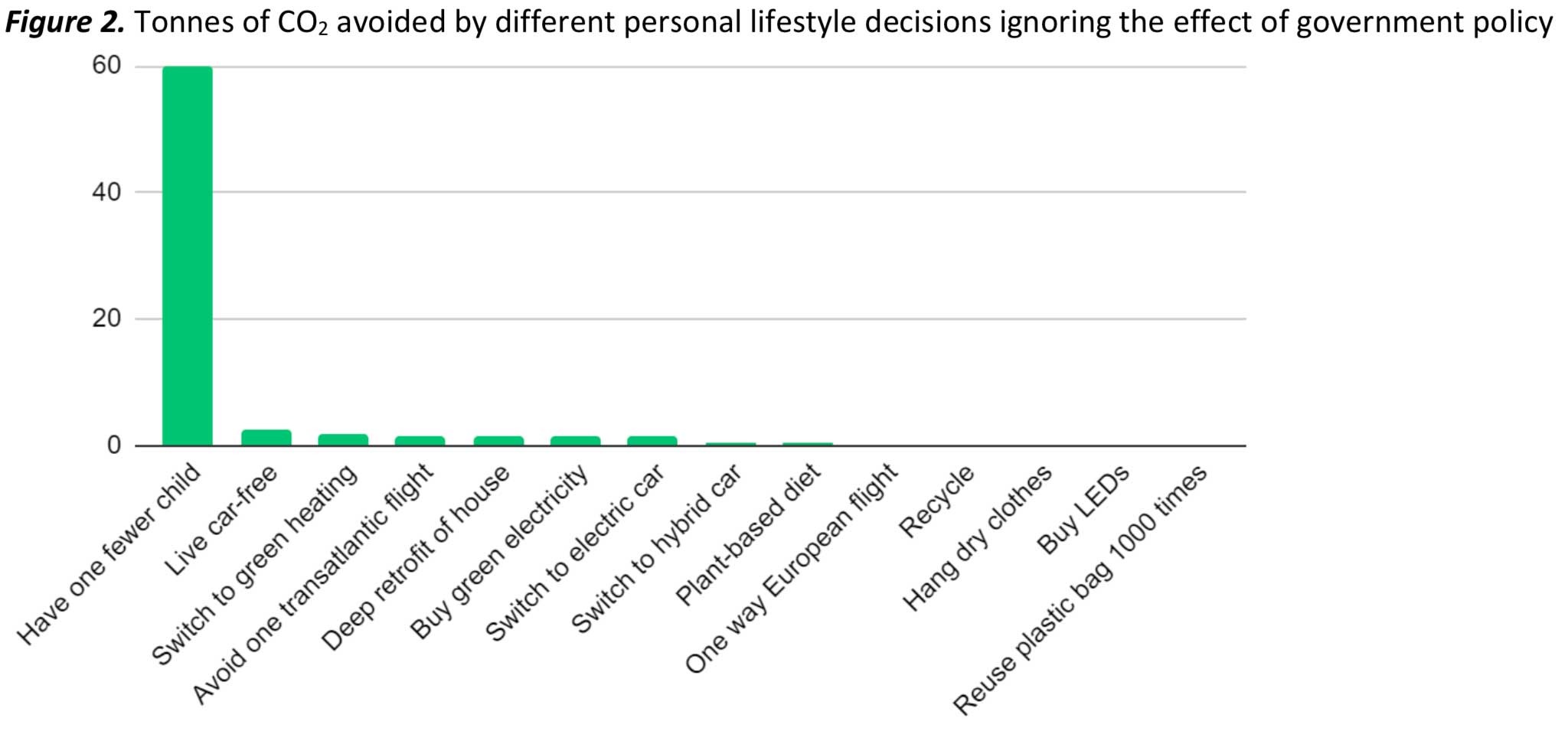
Some of these insights feel obvious in hindsight, while others challenge how we think about personal responsibility and systemic change. Which graph triggered you?
Wabi-Sabi: The Beauty of Imperfection
I had heard about wabi-sabi before and loved its philosophy, so decided to dive a bit more into the subject this week. Wabi-sabi is a quiet, poetic way of seeing beauty in imperfection, impermanence, and simplicity.
Wabi and Sabi are two distinct but complementary concepts that together form the philosophy of wabi-sabi:
- Wabi (侘び) – The beauty of simplicity, humility, and living in harmony with nature. It embraces asymmetry, roughness, and the understated elegance of things that are unpretentious and modest. Wabi is about finding contentment in minimalism and appreciating the quiet, imperfect aspects of life.
- Sabi (寂び) – The beauty of aging, impermanence, and the passage of time. It highlights the charm of things that are weathered, worn, and marked by experience. Like rust on metal, cracks in pottery, or the patina on an old wooden table. Sabi acknowledges that nothing lasts forever, and that transience itself holds beauty.
Together, it is a way of seeing the world that finds meaning and beauty in the imperfect, the impermanent, and the incomplete.
At its core, wabi-sabi values:
- Imperfection – Celebrating cracks, asymmetry, and weathered textures.
- Impermanence – Finding beauty in the fleeting nature of life.
- Simplicity – Appreciating the raw, unpolished, and authentic.
One of the most striking expressions of wabi-sabi is kintsugi; the art of repairing broken pottery with gold, making the cracks part of its story rather than something to hide. It struck me as a powerful metaphor for life: instead of striving for flawlessness, we can embrace the marks of time and experience.
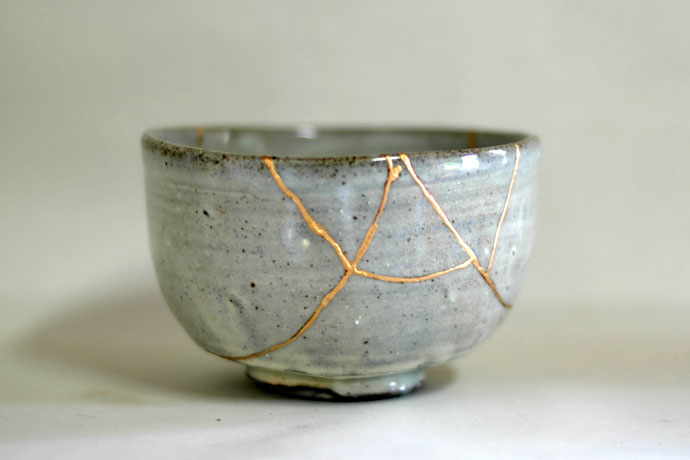
It makes me wonder: how often do we overlook beauty just because it doesn’t fit our idea of “perfect”? Maybe curiosity isn’t just about seeking the new, but also about seeing the familiar with fresh eyes.
Parkinson’s Law: Why every task takes ages
Ever noticed how a simple task stretches to fill all the time you give it? That’s Parkinson’s Law, first written in 1955 by naval historian C. Northcote Parkinson as an essay in The Economist:
“Work expands to fill the time available for its completion.”
Need to write a quick email? If you have a week, you’ll somehow take a week. That “short” meeting? Of course, it drags out to the full hour. Packing for a trip? Takes all night if you start early, but magically gets done in 20 minutes when your ride is outside.
It’s not just personal tasks. Parkinson also observed that bureaucracies grow endlessly, not because there’s more work, but because officials create work for each other. Employees hire subordinates, not rivals, and departments multiply even when there’s nothing urgent to do. Sound familiar? Apparently Elon Musk’s upcoming Department of Governmental Efficiency takes direct aim at this phenomenon. But as Parkinson’s Law suggests, the system will always find a way to expand.
Discovering the Roman World with Vici.org
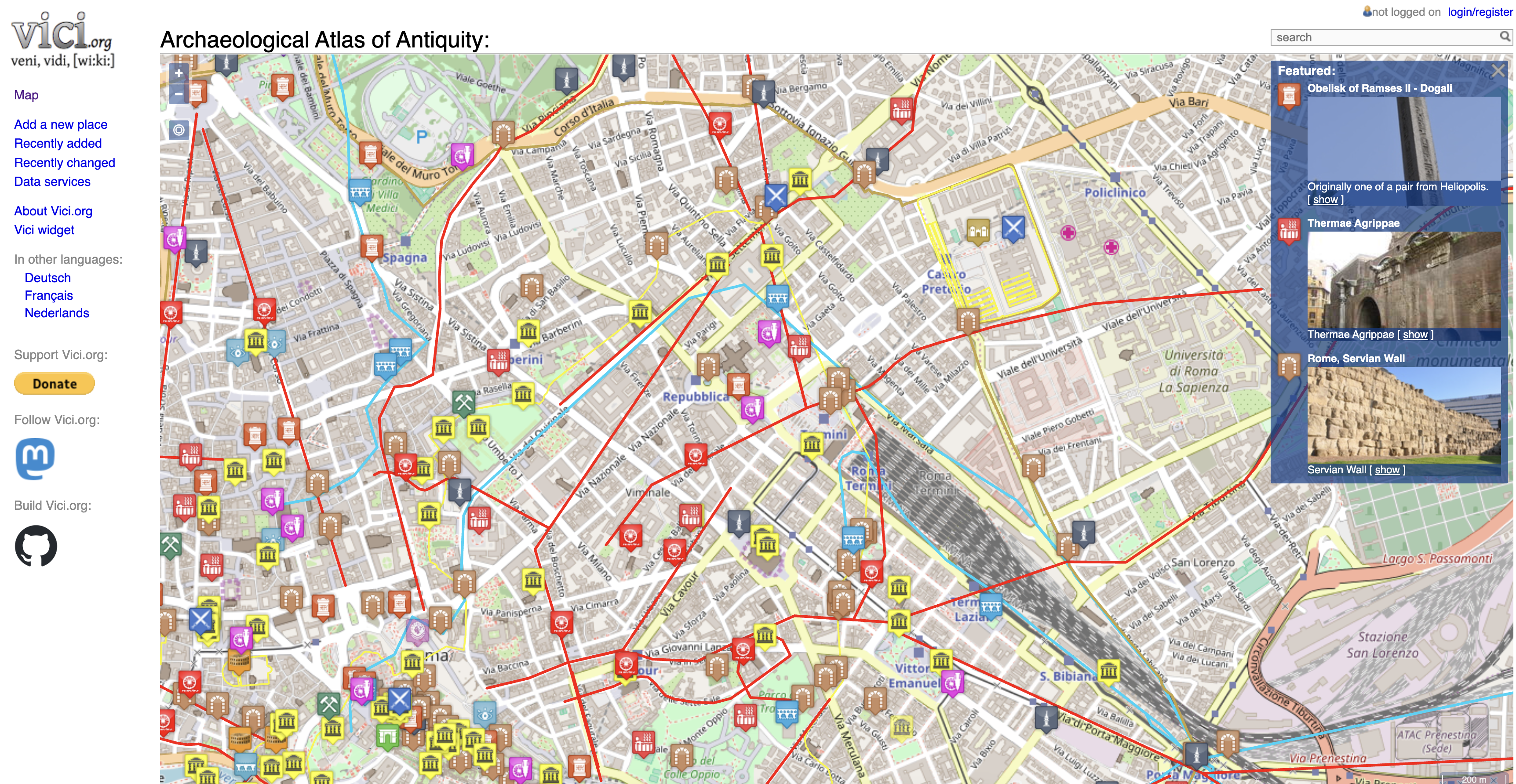
I’m working on a project around the Roman era, and someone tipped me off about Vici.org. And what a find! It’s an interactive, crowdsourced map that lets you explore ancient sites, Roman roads, fortresses, and archaeological discoveries with just a few clicks.
What’s fascinating is the sheer scale of it. Seeing Roman settlements, trade routes and the old border (Limes( mapped out makes it clear just how vast and interconnected their world was.
Just go and explore! Maybe you’ll even find a cool historical site right near you.
What else?
- Andrew Carnegie, one of the richest men of his time, spent 90% of his fortune funding a.o. 3,000 public libraries worldwide. Why? Because a free library was how he educated himself and built his wealth. A true believer in giving back!
- Bananas are berries, but strawberries aren’t - Botanically speaking, a berry is a fruit that develops from a single ovary and has seeds inside. That means bananas, cucumbers, and kiwis are true berries, but strawberries and raspberries are not! OMG!
- Earth had a second mini-moon from 2017 to 2020 - For about three years, from 2017 until 2020, Earth had a temporary second moon! A small asteroid, later named 2020 CD3, was captured by Earth’s gravity and orbited our planet before eventually drifting back into space. This mini-moon was only about the size of a car, but still…
Thanks! Onwards.

